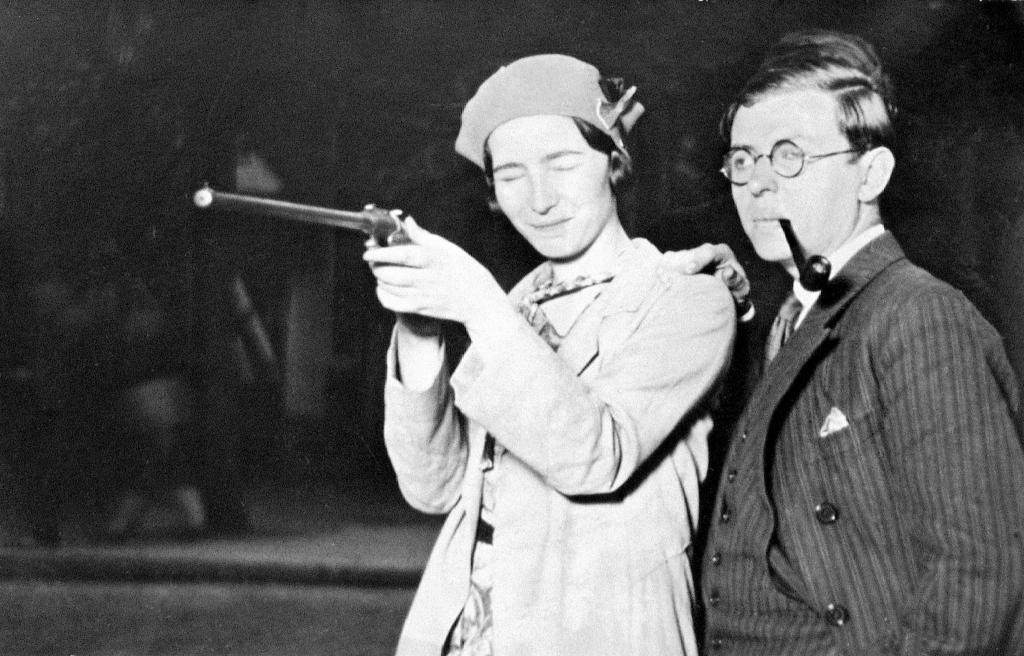Darwin’s theory of evolution by natural selection provided a scientific answer to a philosophical question: must design imply a designer? To the dismay and disbelief of many of Darwin’s contemporaries, and a great many still, his theory can answer the question in the negative. But there are many more questions yet to ask about seemingly designed systems, such as those posed by Alan Turing and John Searle: might such organized systems, natural and manmade, themselves be intelligent? The history of these inquiries among philosophers, scientists, and writers is the subject of Prof. James Paradis’ MIT course, “Darwin and Design.” The class explores such a diverse range of texts as Aristotle’s Physics, the Bible, Adam’s Smith’s Wealth of Nations, William Gibson’s Neuromancer, and of course, Darwin’s Origin of Species.
Alongside the scientific conclusions so-called “Darwinism” draws are the implications for human self-understanding. Given the thousands of years in which humanity placed itself at the center of the universe, and the few hundred in which it at least held fast to concepts of its special creation, what, asks Prof. Paradis, does Darwinism mean “for ideas of nature and of mankind’s place therein?” The class explores this question through “manifestations of such undesigned worlds in literary texts” both classical and contemporary. See the full course description below:
Humans are social animals; social demands, both cooperative and competitive, structure our development, our brain and our mind. This course covers social development, social behaviour, social cognition and social neuroscience, in both human and non-human social animals. Topics include altruism, empathy, communication, theory of mind, aggression, power, groups, mating, and morality. Methods include evolutionary biology, neuroscience, cognitive science, social psychology and anthropology.
Prof. Paradis taught the class in the Fall of 2010, but thanks to MIT’s Open Courseware, all of the lectures (above), assignments, and course materials are freely available, though you’ll have to purchase most of the texts (you can find some in our list of 500 free ebooks). You can’t register or receive credit for the course—so you can skip writing the papers and meeting deadlines of around 100 pages of reading per week—but if you work through some or all of the lectures and assigned readings, Prof. Paradis promises an enlightening “historical foundation for understanding a rich literary tradition, as well as many assumptions held by people in many contemporary cultures.” Given that this is an MIT course, Prof. Paradis assumes some familiarity on the part of his students with the basic Darwinian concepts and controversies. For a broad overview of Darwin’s importance to a wide variety of fields, take a look at Stanford’s online lecture series “Darwin’s Legacy.”
“Darwin and Design” is but one of over 800 free online courses we’ve compiled, including many on evolution, anthropology, philosophy, and cognitive science.
Related Content:
The Genius of Charles Darwin Revealed in Three-Part Series by Richard Dawkins
Darwin: A 1993 Film by Peter Greenaway
Charles Darwin’s Son Draws Cute Pictures on the Manuscript of On the Origin of Species
875 Free Online Courses from Top Universities
Josh Jones is a writer and musician based in Durham, NC. Follow him at @jdmagness



